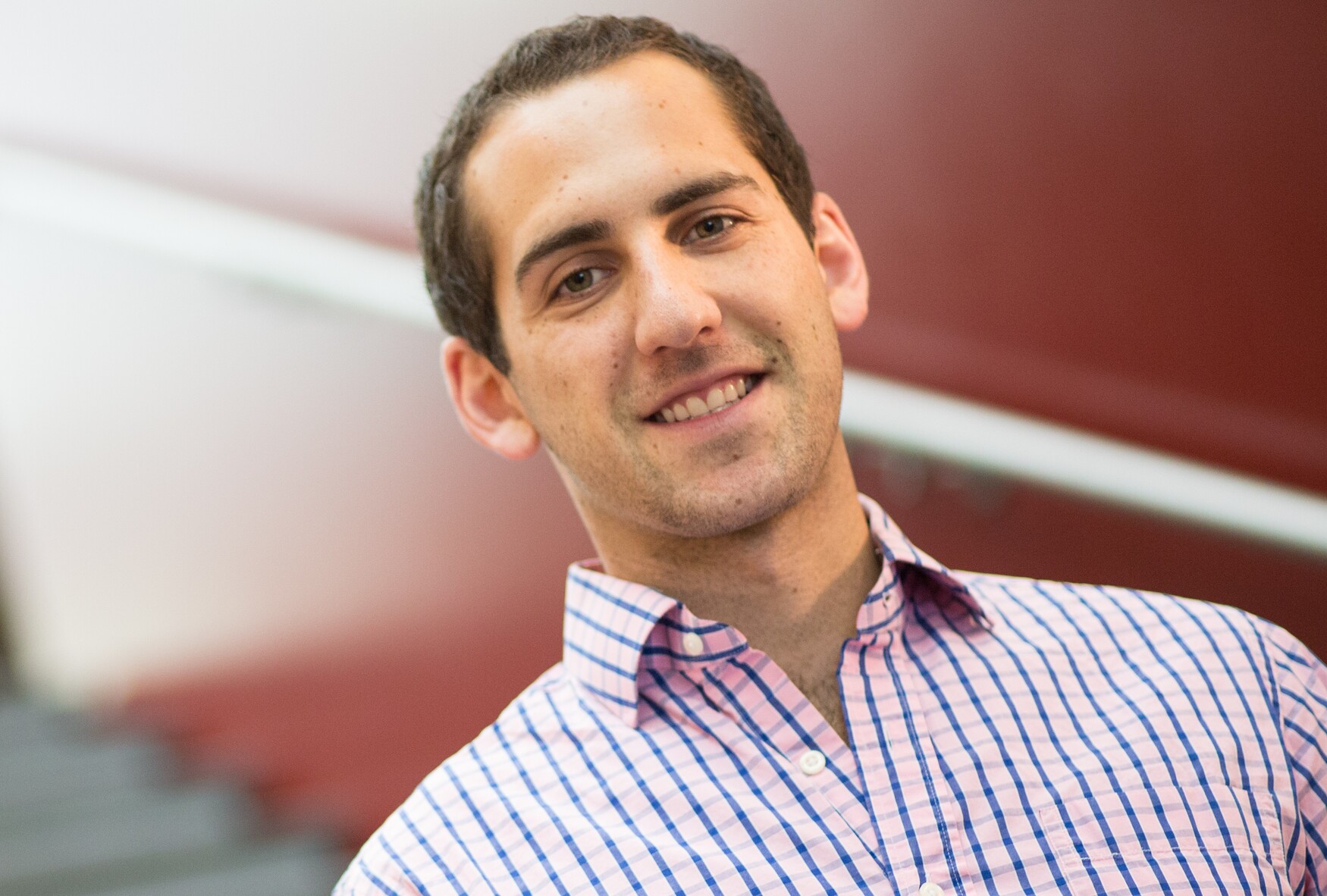Mobile Menu
- Education
- Research
-
Students
- High School Outreach
- Undergraduate & Beyond: Community of Support
- Current Students
- Faculty & Staff
- Alumni
- News & Events
- Giving
- About

Dr. William Cherniak
 Leading up to my first global health experience in Tanzania as a first-year medical student, I imagined seeing an exciting new place, learning a few things about tropical medicine and exploring the country on a safari. I was also convinced I’d be saving people with new bed nets to prevent malaria that I’d fundraised $500 for.
Leading up to my first global health experience in Tanzania as a first-year medical student, I imagined seeing an exciting new place, learning a few things about tropical medicine and exploring the country on a safari. I was also convinced I’d be saving people with new bed nets to prevent malaria that I’d fundraised $500 for.
Once on the ground I was thoroughly shocked by the conditions I witnessed: a man in a public hospital undergoing surgery while wide awake with only local anesthetic; families sleeping under their children’s beds in a pediatric ward.
Suddenly my bed nets didn’t seem like the salvation I’d imagined — and I was particularly embarrassed when the local doctors asked if I wanted to have a photo of me handing them out.
I realized that I’d bought into a global health cliché. The experience opened my eyes to a population that was sorely underserved and broke the complacency I had previously felt about the developing world.
When I decided to go back to East Africa later in medical school, it was with much more humility and trepidation — I wasn’t coming to save anyone. Instead, I set out to learn from a Ugandan physician who ran a non-profit healthcare organization centered on the HIV/AIDS epidemic. I ended up co-founding a global health initiative called Bridge to Health Medical and Dental, in order to partner with groups like his.
For the past five years, we’ve been sending groups of health care volunteers to work alongside Ugandan practitioners treating patients in underserved rural settings. This year we are launching a new site in Ethiopia and are looking to Kenya, Rwanda and Namibia for future partnerships. We empower our partners to make real and lasting change in their communities and help come up with innovative ideas to complex problems, like cervical cancer (now largely a disease of the poor) and maternal health.
As I’ve immersed myself in this field, I’ve come to realize some of the ways global health isn’t what you might expect:
Global Health Isn’t Selfless
Health care providers and trainees involved in global health are typically inspired to help others. And in most cases they do.
With the right approach, health care partners in low-resource settings can improve their skills, gain access to equipment and medication and help serve local populations better over the long term.
But the benefits are not one-sided. Foreign medical volunteers bring valuable new skills back with them — skills that are increasingly recognized as important.
Instead of seeing global health as a selfless but unsophisticated field — or worse, as “volun-tourism” — it’s time we recognized it as the crucial and complex specialty that it is.
Global Health Experience Improves Medical Skills
Research shows that medical professionals and trainees who have worked in low-resource settings tend to order fewer tests and rate higher in cultural competency than their peers. With increased awareness in medicine around the dangers of overprescribing and over-testing, as well as the challenges of navigating cultural diversity, these are beneficial skills.
On a recent program in rural Uganda, I spent countless hours trying to source a CT scanner for a young girl with a possible brain tumour. When I returned to a fully-loaded Emergency Department in Canada, I caught myself luxuriating in the ease of access to high-tech resources — but I’ve also become much less likely to use them unless I feel it would truly benefit the patient in front of me and change their clinical outcome.
Working without all the latest technology at your fingertips forces you to think creatively and ultimately deepens your understanding of health and disease. And stepping out of your cultural comfort zone helps you recognize and empathize with different values your patients and collaborators may have.
Global Health Isn’t Only About Medicine
Medical professionals play an important role and develop crucial skills through global health initiatives. But medicine is just part of the picture — which includes dentistry and physical therapy, engineering (water and sanitation, electricity), law and politics (human rights, banking), environmental health and regulation, and much more.
Global Health Isn’t Always International
My organization Bridge to Health Medical and Dental is currently looking to partner with communities in Canada — because despite the name, global health isn’t necessarily international. Instead, it’s a specialty focused on providing high quality care in low-resource and often rural settings — and we have an abundance of these within Canada. And many of them are facing urgent and extremely complex health care challenges.
Today more than ever we’ll need global health expertise and training to solve critical problems, both at home and abroad.
As I’ve discovered, it’s going to take a lot more than a few bed nets to make that happen.
Dr. William Cherniak, PGME’14 (Family Medicine) is the Executive Director and a Co-Founder of Bridge to Health Medical and Dental, a lecturer in U of T’s Department of Family and Community Medicine and an Assistant Professor at the University of Southern California, Keck School of Medicine.